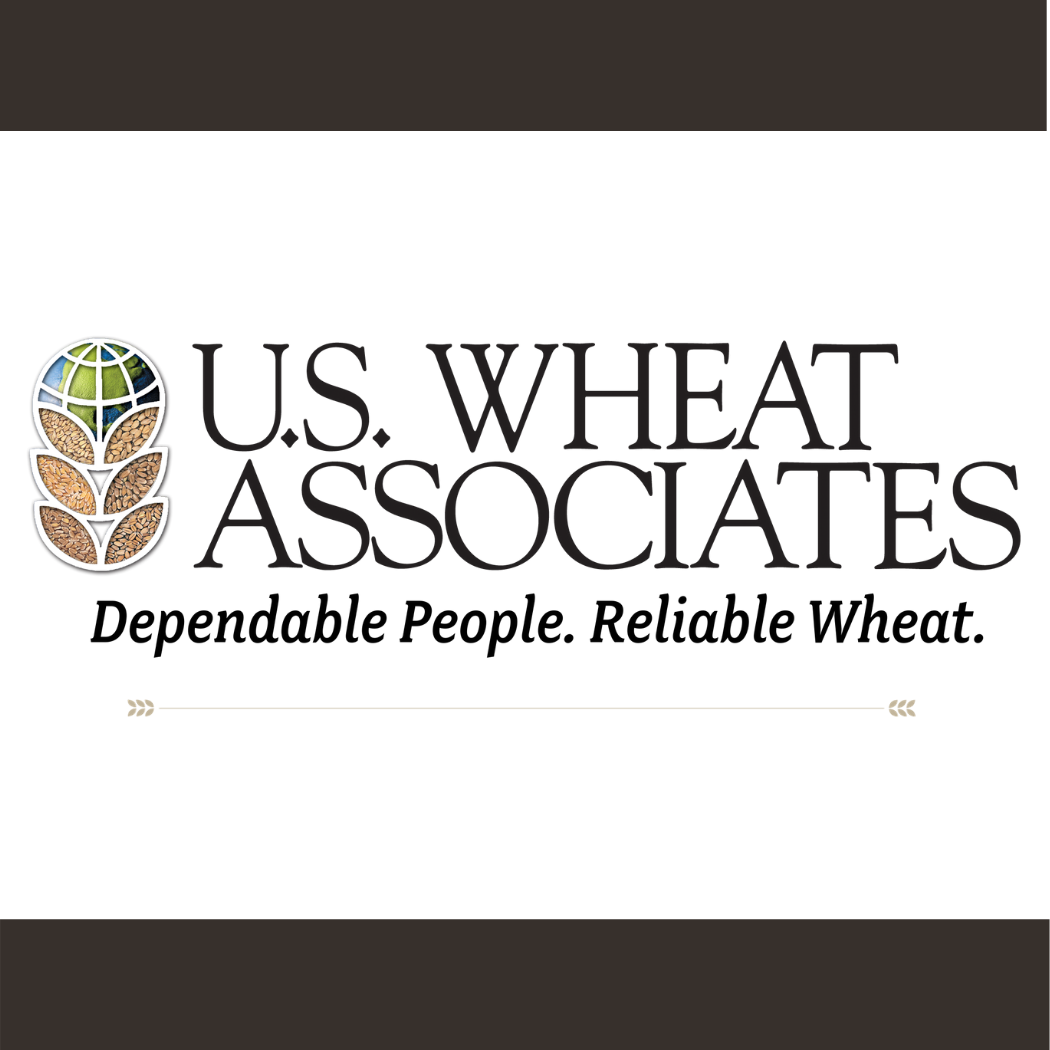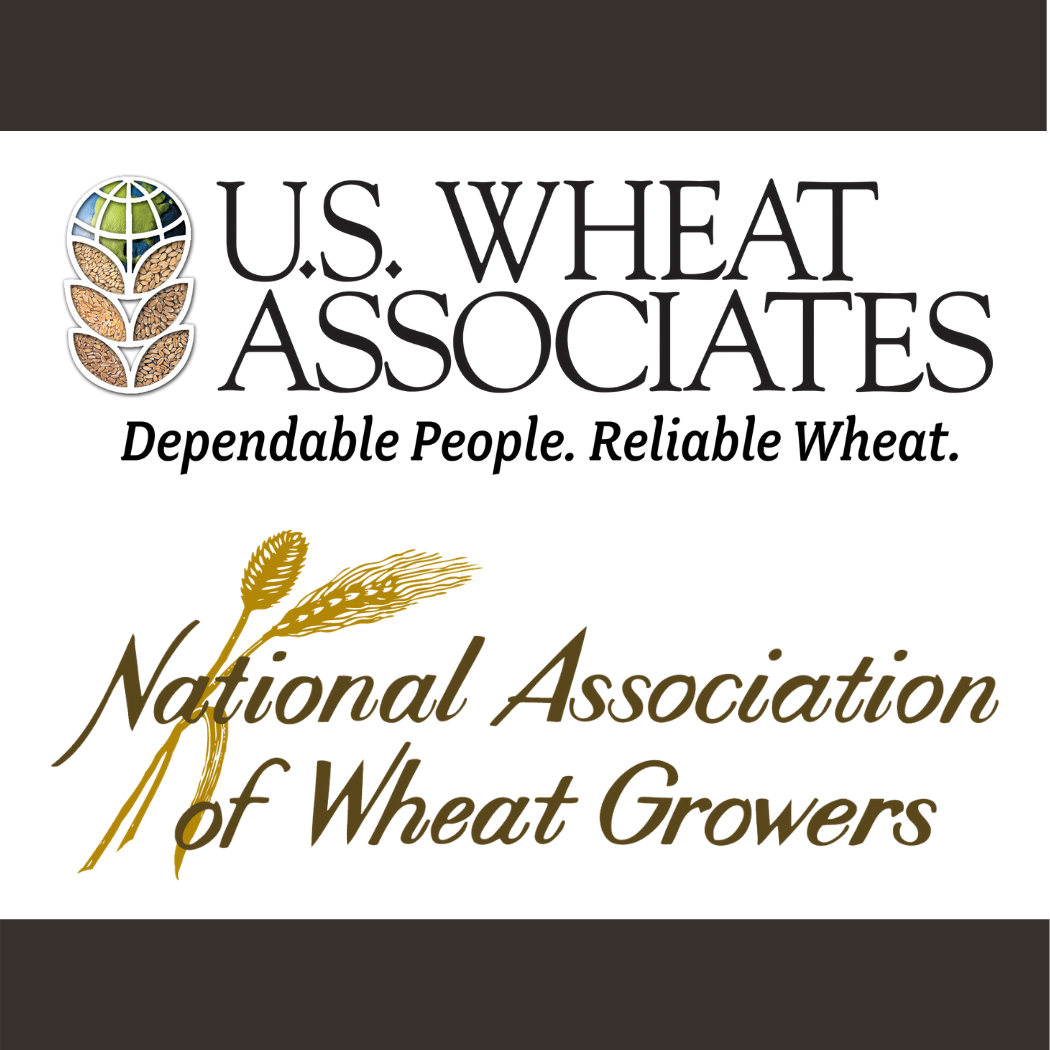ANNOUNCER:
The U.S. Department of Agriculture announced it will deregulate the HB4 drought tolerant trade in wheat. Farmer leaders of U.S. Wheat Associates commended USDA’s thorough, science-based process and expressed confidence in the trait’s potential to deliver significant benefits for both producers and consumers. Oklahoma wheat grower and U.S. Wheat Associates past chairman Michael Peters has visited Bioceres Crop Science test plots in South America.
As Peters shares here, he was impressed with the research and is hopeful of what the trade could mean for wheat farmers, especially those in drought prone areas.
MICHAEL PETERS (00:39)
“As a wheat farmer in the Southern Plains, I definitely see the HB4 trait being a tool that I can have in my toolbox for those years that there is some drought, especially in the periods when the wheat is coming out of winter dormancy, when it really needs that moisture, or when it’s going into its reproductive phase.
“Having the opportunity to visit Bioceres test plots in Argentina, I was impressed with the quality of the wheat that was being grown. Being able to see how the technology was being used, and the possibility of how it could be used on our farmland in the U.S., I think it’s definitely a tool that every farmer would like to have — you know, for those periods that it really is dry weather so that we can continue to be a supplier of good quality grain”
ANNOUNCER (01:26)
U.S. Wheat Associates’ Policy Team continues to follow the HB4 issue closely. Director of Trade Policy Peter Laudeman, who also visited Bioceres test plots in South America, shares with us that there is still a lot of ground to cover with the technology, and that U.S. Wheat will stay actively engaged in the process on behalf of farmers and international customers.
PETER LAUDEMAN (01:48)
“We’re really excited to see this announcement come out of USDA that just follows the basic science-based regulatory system that we know comes out of the Part 340 revision of regulations. as Bioceres continues to move forward, there’s a distinction between this regulatory approval and then the number of steps that they’ll need to move forward with to make sure they have a commercial plan to bring this product to market.
“We’re looking forward to continuing in that dialog with Bioceres and will keep all of our board members and the Wheat Breeding Innovation Committee members apprised of those conversations.
“One of the most important pieces of discussion we’ve had with Bioceres over time is our Wheat Industry Joint Principles for Biotechnology Commercialization, which is kind of a big mouthful for the kind of document that we share with the National Association of Wheat Growers to really outline how U.S. Wheat is supportive of bringing technology to the market, and to make sure we do it in the right way. To make sure that customers have the choices they want in the marketplace, but also that growers have access to great new science-based technologies, as well.
“Certainly, this is the first time we’ve seen this from wheat. So, it’s a new experience. but, as we’re looking at a timeline, we probably think somewhere in the 3- to 5-year range.”
OUT 03:00
More information about Bioceres, HB4®, and U.S. wheat organization positions on transgenic wheat commercialization is available at:
- USDA Animal and Plant Health Protection Service Regulatory Statement
- PNW Wheat Commission Statement
- National Wheat Growers Association Statement on Deregulation of HB4 Wheat
- Wheat Industry Principles for Biotechnology Commercialization
- Wheat Industry Biotechnology Position Statement
- Joint Statement on FDA’s Drought Tolerant HB4 Wheat Safety Conclusion
- Bioceres Crop Solutions Announces Brazil’s Regulatory Approval of Drought Tolerant HB4® Wheat for Commercialization and Cultivation
- USW Discusses HB4 Wheat with Bioceres
- Genetically Modified Wheat Could Provide Drought Relief






